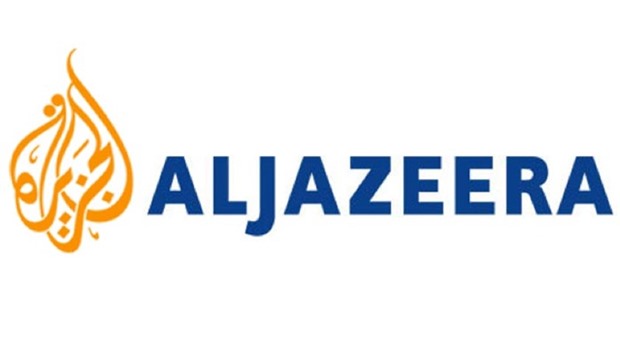The UN has urged all the combatants in Yemen to open the country’s land, sea and air ports to civilian and commercial traffic as the spectre of starvation hangs over 25mn people, aljazeera.com has reported.
Stephen O’Brien, the UN under-secretary general for humanitarian affairs, has called for unconditional humanitarian access to all parts of the country and said the airport in the capital Sanaa should be opened “immediately”.
Yemen is facing the “world’s worst cholera outbreak”, with close to 2,000 people having died from the disease since April, more than half a million people being infected, and another 600,000 expected to contract the infection this year.
“Today, millions of people in Yemen are facing a triple tragedy: the spectre of famine, the world’s largest ever single-year cholera outbreak, and the daily deprivation and injustice of a brutal conflict that the world is allowing to drag on and on,” O’Brien said.
“This human tragedy is deliberate and wanton — it is political and, with will and with courage which are both in short supply, it is stoppable.
“I renew my call...to address the following points: ensure that all ports — land, sea and air — are open to civilian — including commercial — traffic.”
However, Abdul Malik al-Mekhlafi, Yemen’s foreign minister, demanded that the Houthis — who control the the airport and large expanses of the country — transfer the facility to the government of President Abd-Rabbu Mansour Hadi, a demand the fighters are likely to reject.
“We have noted international appeals to open Sanaa airport,” he said.
“Despite our concerns about the security threat associated with the operation of the airport by the rebel militias, we are willing to agree to opening the airport if the militias leave its management to official staff who were affiliated to the state before the coup, under the supervision of the UN.”
As well as Sanaa airport, O’Brien singled out allowing the dispatch of “desperately needed mobile cranes to Hodeidah port, which handles some 70% of imports into Yemen and is the closest port of entry to the majority of people who need humanitarian assistance.”
He also urged member states to reach into their pockets to aid the relief effort, noting that only 39% of the $2.3bn needed had so far been donated.
Ismail Ould Cheikh Ahmed, the UN special envoy to Yemen, called on the international community to push for a political solution to the more than two-year-old conflict which has killed at least 10,000 Yemenis and injured at least 44,000.
“Those who survived cholera will continue to suffer the consequences of ‘political cholera’ that infects Yemen and continues to obstruct the road towards peace,” Ould Cheikh Ahmed said.
Meanwhile a diplomat, who asked not to be identified, told the AFP news agency that political talks remained deadlocked and concerns were growing over the risk of famine.
The suffering of Yemenis has “relentlessly intensified,” O’Brien said, with 17mn who do not know where their next meal is coming from, nearly 7mn at risk of famine and nearly 16mn lacking access to water or sanitation.

Al-Jazeera
